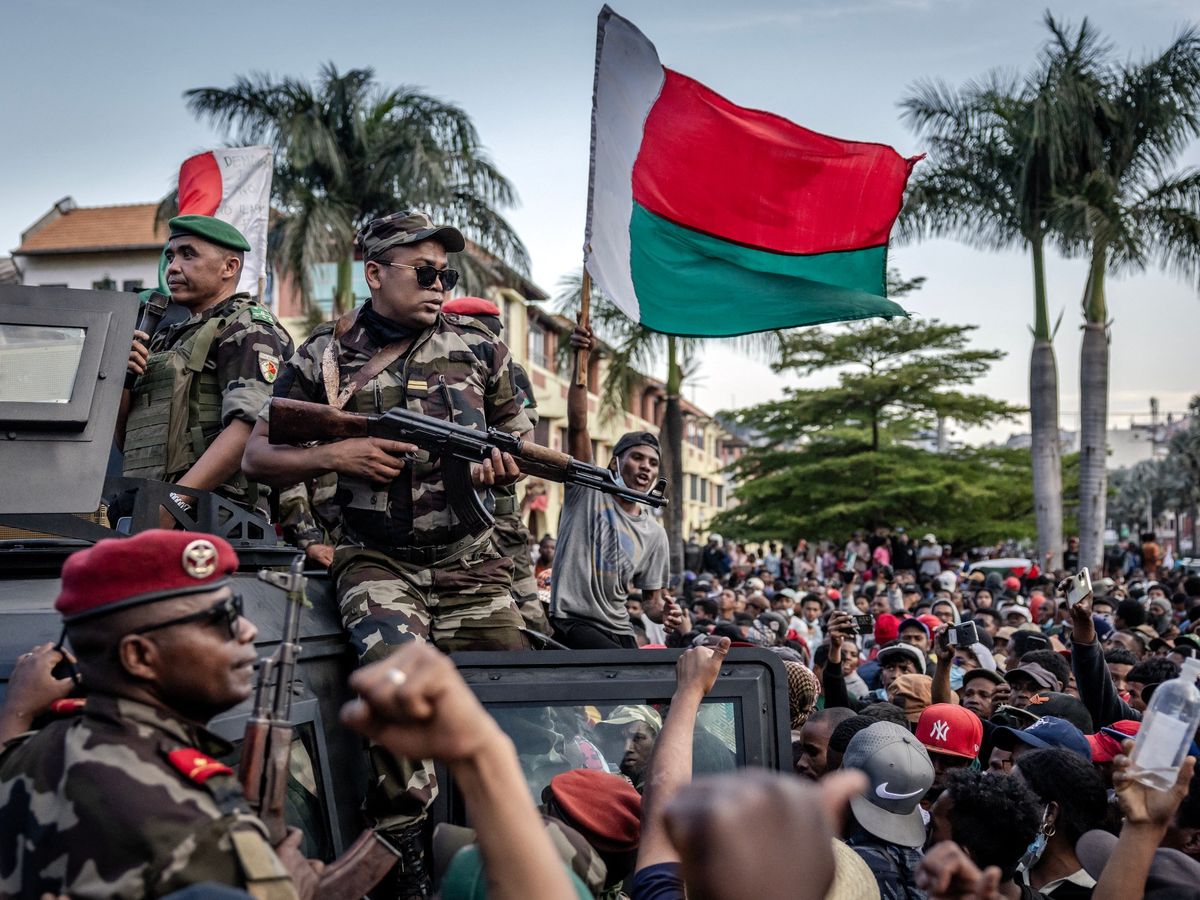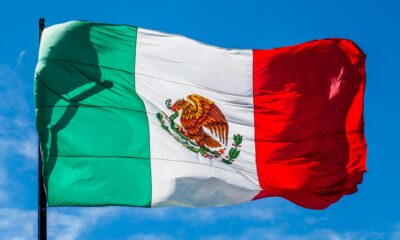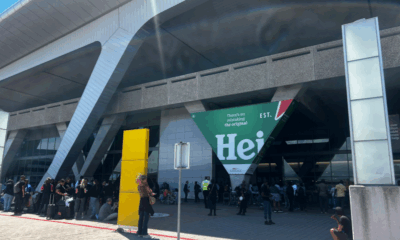News
South Africa Calls For Calm As Protests In Madagascar Intensify

After three turbulent weeks of unrest in Madagascar, the South African government has urged all sides to step back from confrontation and engage in peaceful dialogue.
The protests, which began over power cuts, water shortages, and alleged police brutality, have since morphed into a much larger political movement. Demonstrators in the capital, Antananarivo, are now calling for systemic change and, increasingly, for the resignation of President Andry Rajoelina.
A Crisis Growing Beyond Control
Images from the city show students and citizens clashing with police, barricades set ablaze, and streets filled with tear gas. What started as frustration over basic services has snowballed into one of the island nation’s most serious political crises in years.
The South African Department of International Relations and Cooperation (DIRCO) has expressed deep concern over the situation. Spokesperson Chrispin Phiri said Pretoria is calling for restraint, emphasizing that democratic processes and constitutional order must be respected.
“We strongly call upon all parties to respect the democratic process and constitutional order,” Phiri said. “It is imperative that any disputes be resolved peacefully through inclusive dialogue, cooperation, and established legal mechanisms.”
South Africa’s Regional Stance
South Africa’s call aligns with its long-standing diplomatic principle rooted in the African Union’s Lomé Declaration of opposing any unconstitutional change of government on the continent.
Phiri added that urgent intervention is needed to prevent further loss of life and destruction of property, warning that the situation risks evolving into a humanitarian crisis.
He reminded that regional mechanisms, such as those under the Southern African Development Community (SADC), remain available to help Madagascar find a peaceful and democratic path forward.
A Region Watching Closely
Madagascar has faced recurring political instability over the past two decades, including the 2009 military-backed ouster that first brought Rajoelina to power. His administration has since faced recurring waves of public dissatisfaction, but few as intense as the current protests.
With Air France suspending flights to the island and foreign governments issuing travel advisories, the unrest is drawing international attention. South Africa’s call for calm reflects growing concern across the region that the crisis could deepen if mediation efforts fail.
For now, the island’s future remains uncertain caught between a frustrated public demanding change and a government struggling to hold its ground.
{Source:EWN}
Follow Joburg ETC on Facebook, Twitter , TikTok and Instagram
For more News in Johannesburg, visit joburgetc.com



























